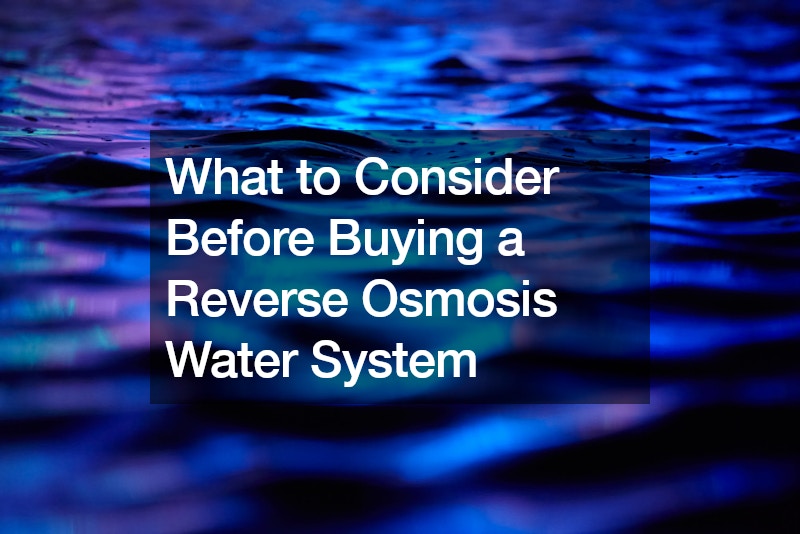

Before investing in a commercial reverse osmosis water system, several factors warrant consideration to ensure optimal performance and cost-effectiveness. Firstly, assessing water quality and specific filtration needs is crucial. Conducting water tests to identify contaminants and determining the desired level of filtration can help select the most suitable system for your business or facility.
Additionally, evaluating the capacity and efficiency of the reverse osmosis system is essential. Consider factors such as water flow rate, membrane lifespan, and energy consumption to ensure the system can meet your volume requirements while minimizing operational costs.
Examining the space available for installation and the system’s footprint is important. Commercial reverse osmosis water systems vary in size and configuration, so choosing a system that fits within your facility’s layout and infrastructure is essential for seamless integration and operation. Considering maintenance requirements and ongoing operating expenses is vital. Factor in costs associated with routine maintenance, membrane replacement, and water treatment chemicals to accurately assess the total cost of ownership over the system’s lifespan.
Lastly, evaluating the reputation and reliability of the manufacturer or supplier is critical. Researching customer reviews, warranties, and service agreements can provide insight into the system’s performance and support services, ensuring peace of mind and long-term satisfaction with your investment. Before purchasing a commercial reverse osmosis water system, thorough consideration of water quality, system capacity, space requirements, operating costs, and supplier reputation is essential to make an informed decision that meets your business needs effectively.



